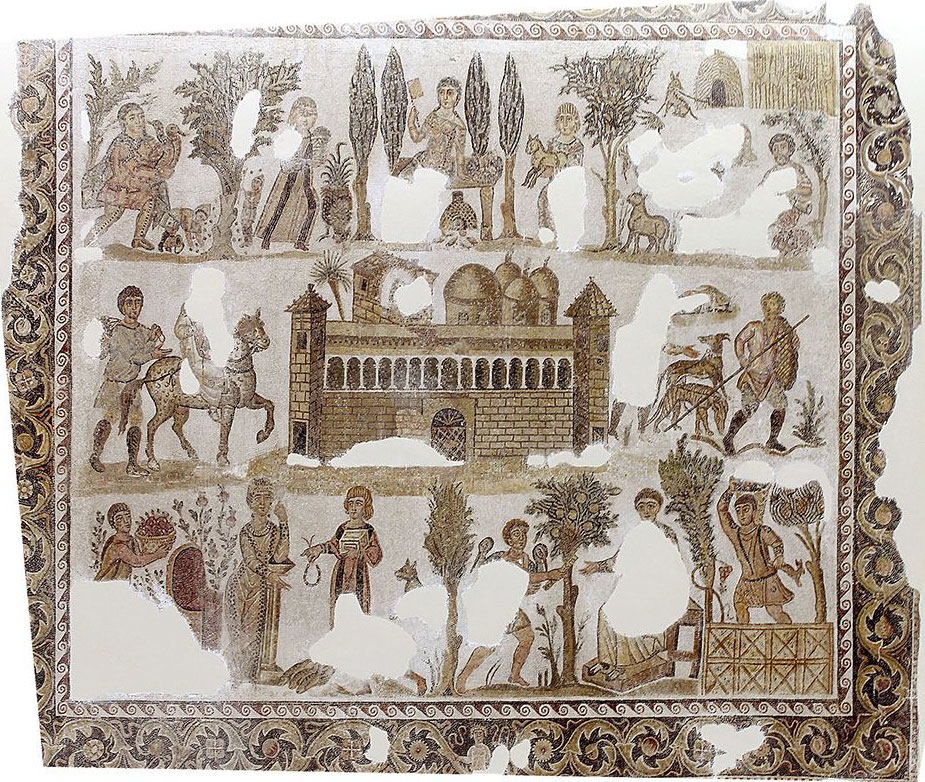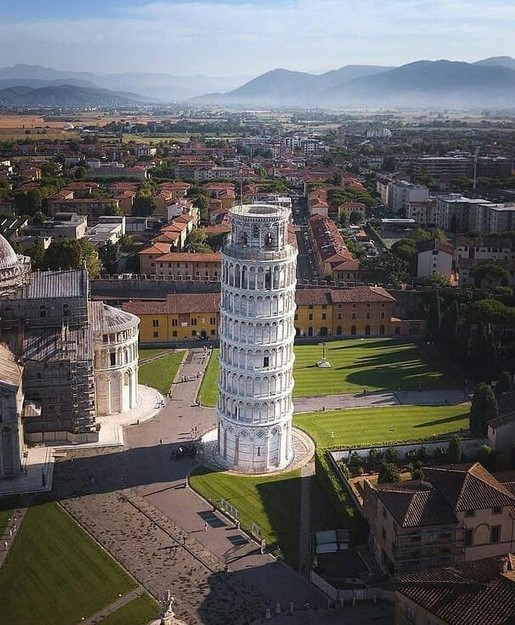religion
Shifting Frontiers in Late Antiquity 13
Claremont McKenna College Claremont, CA, United StatesThe Society for Late Antiquity is pleased to announce the thirteenth biennial meeting of Shifting Frontiers in Late Antiquity, to be held at Claremont McKenna College, in Claremont, California. Specialists in art and archeology, literature and philology, history and religious studies, working on topics from the 3rd to the 8th century CE, will present a series of papers examining the impact of disasters on late-antique communities, including their susceptibility to disaster, the means by which they coped, and factors that increased resilience and facilitated recovery from disasters. In order to foster the thematic breadth and interdisciplinary perspective for which Shifting Frontiers is well-known, the papers will consider the full range of traumatic events, and also long-term processes, that could distress communities: economic, environmental, political and religious. The aim of this conference is to move beyond the descriptive and stimulate analytical and theoretical approaches to understanding how distressed communities behaved in the short and long term. Local communities developed daily and seasonal rhythms to mitigate vulnerabilities and fragility. The dread of disaster shaped the late-antique psyche and, in some ways, the cultural landscape of communities. And disasters of various kinds had a wide range of impacts, depending upon severity and the nature of communal resilience. Therefore, presentations will query the extent to which the economic, cultural, political or religious resources of communities (or their lack) determined levels of susceptibility, impact, response or resilience. To what extent do late-antique sources acknowledge vulnerability and fragility? What mechanisms created durability and resilience? What were the emotional and intellectual responses to disaster? Does an awareness of the psychological impact of fragility and disaster alter our interpretation of various forms of evidence in Late Antiquity?
18th Annual Conference of the European Association for the Study of Religions
University of Pisa PisaHosted by IAHR, the Italian Society for the History of Religions. Resilient Religion Resilience can be considered as the ability to counteract or absorb a process of transformation. It is also characterized by a capacity to endure changes without having to adapt permanently, an ability to find what best suits new environmental conditions; and an …


